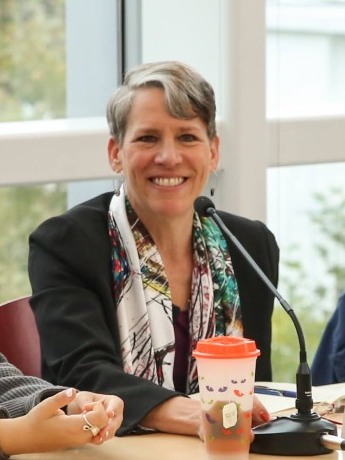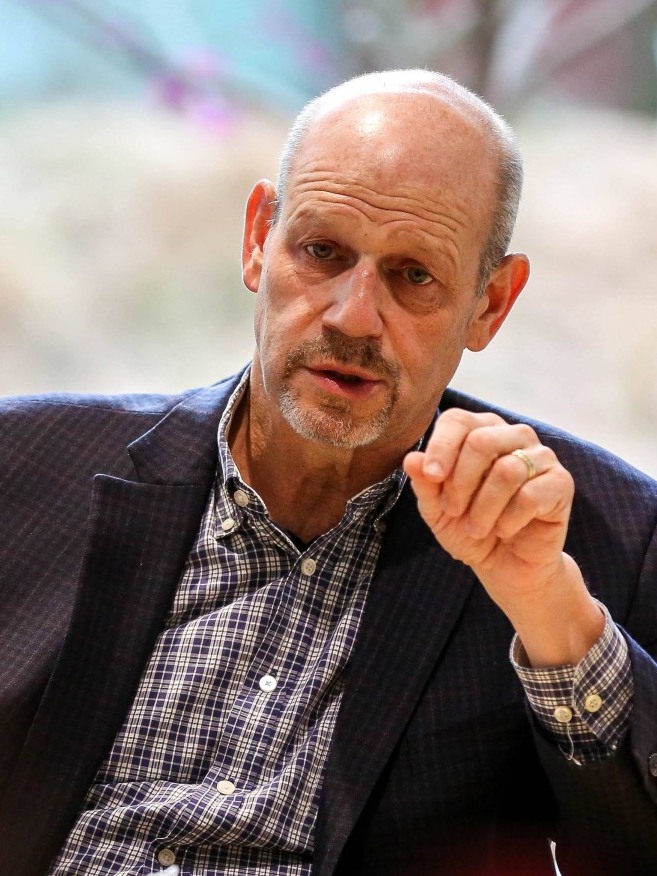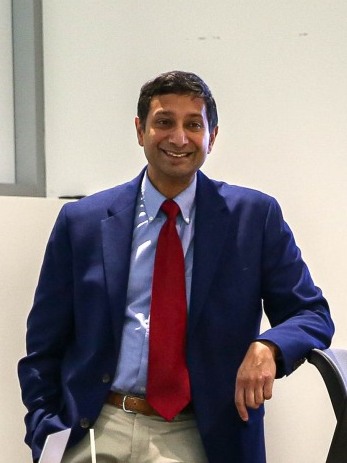The Watson Institute for International and Public Affairs debuted a new program at the start of the fall 2023 semester — the Watson Policy Mentor Program. The program will give students additional opportunities to network and receive career guidance from accomplished practitioners in international and public affairs. The inaugural cohort of policy mentors includes recent Watson senior fellows. Associate director of professional development and alumni engagement for the Master of Public Affairs (MPA) program Benjamin Chalot, said the new initiative "is intended to continue the connections students make with expert practitioners in policy and international affairs. It's an opportunity for policy mentors to play an active role in mentoring MPA students and provide career advice to undergraduates in the International and Public Affairs (IAPA) concentration."
The inaugural group of policy mentors includes former U.S. Ambassador to Switzerland and Liechtenstein and 1993 Brown alumna Suzi LeVine, former Director of U.S. Citizenship and Immigration Services and 1984 Brown alumnus León Rodríguez, and Deputy Director of the Emerging Technologies Institute at the National Defense Industrial Association Arun Seraphin.
Chalot said the program developed out of feedback the program received from students who indicated a desire to continue interacting with senior fellows, "We came up with a way to provide students the opportunity to connect and learn from our distinguished practitioners in a new way."
LeVine's response to the new program was enthusiastic. "I can't wait to jump in and get going," she said. "When I served as a senior fellow last year, the most appealing part was getting to meet and know the students. I've retained a lot of those connections, and so when Watson created this mechanism to elevate the mentorship portion, I was very excited and couldn't say no," she said.


